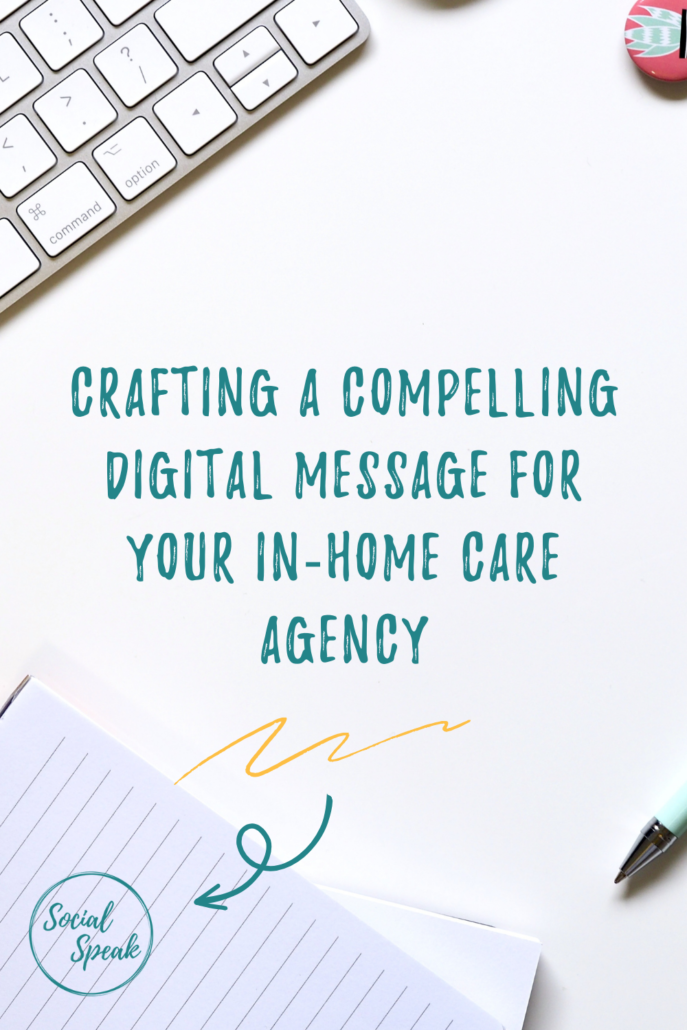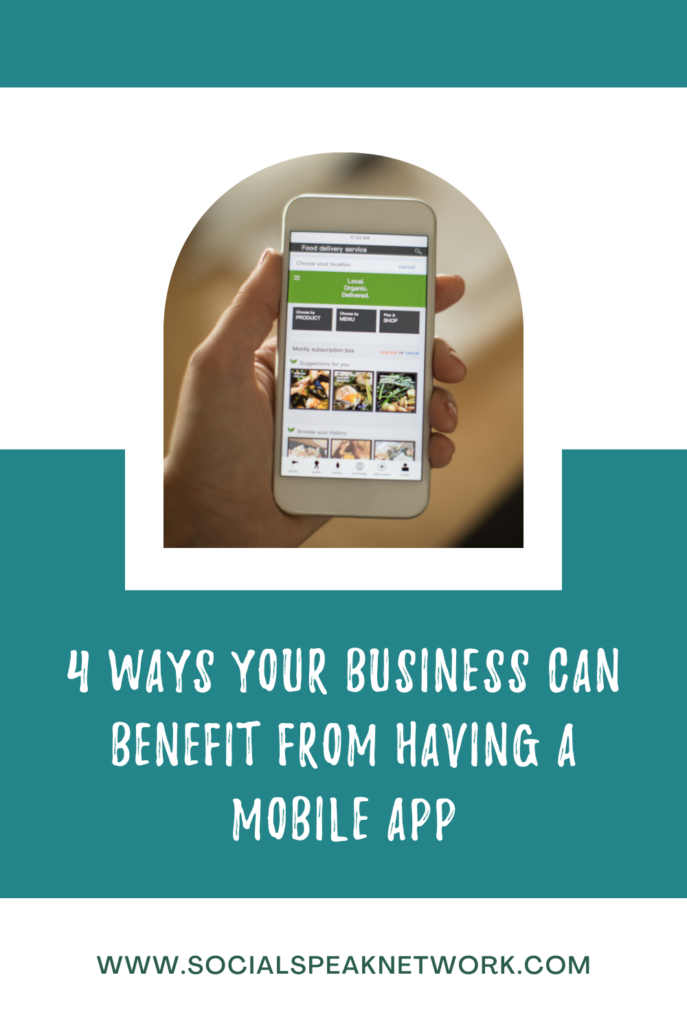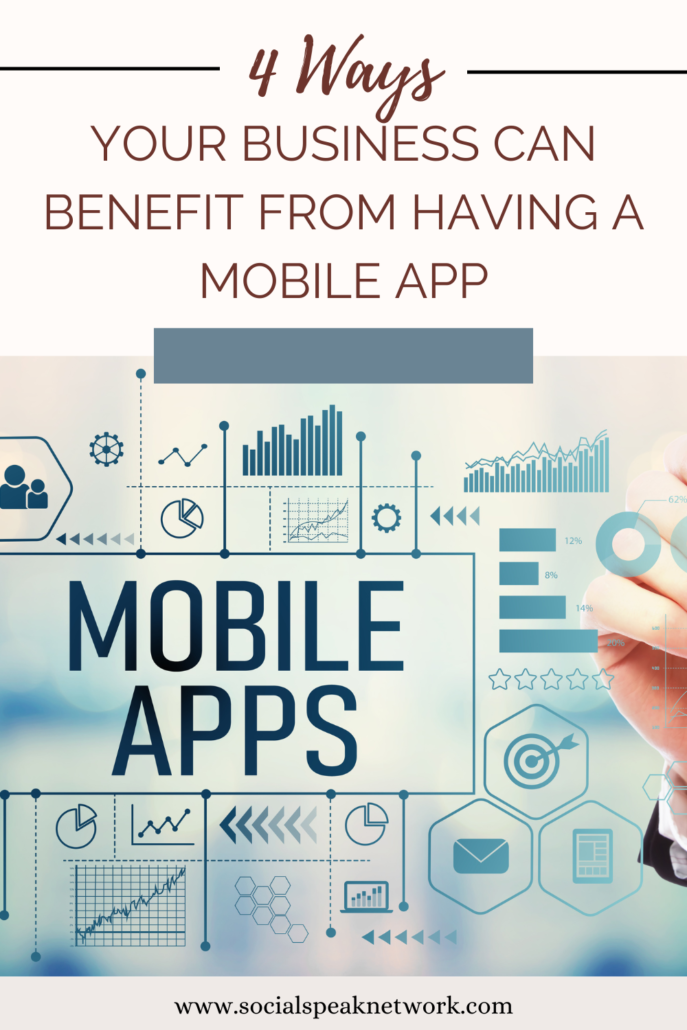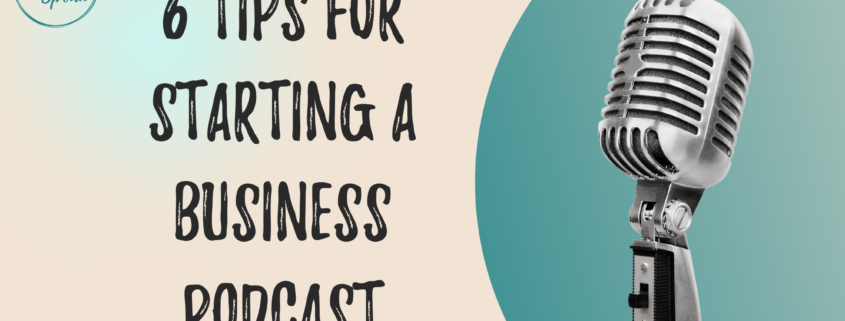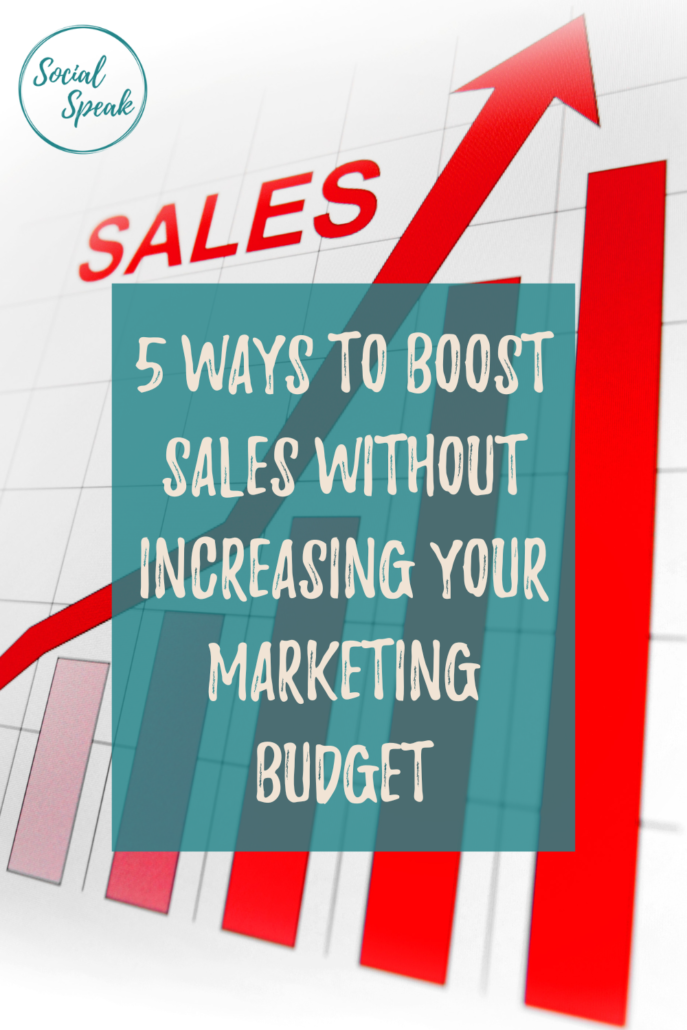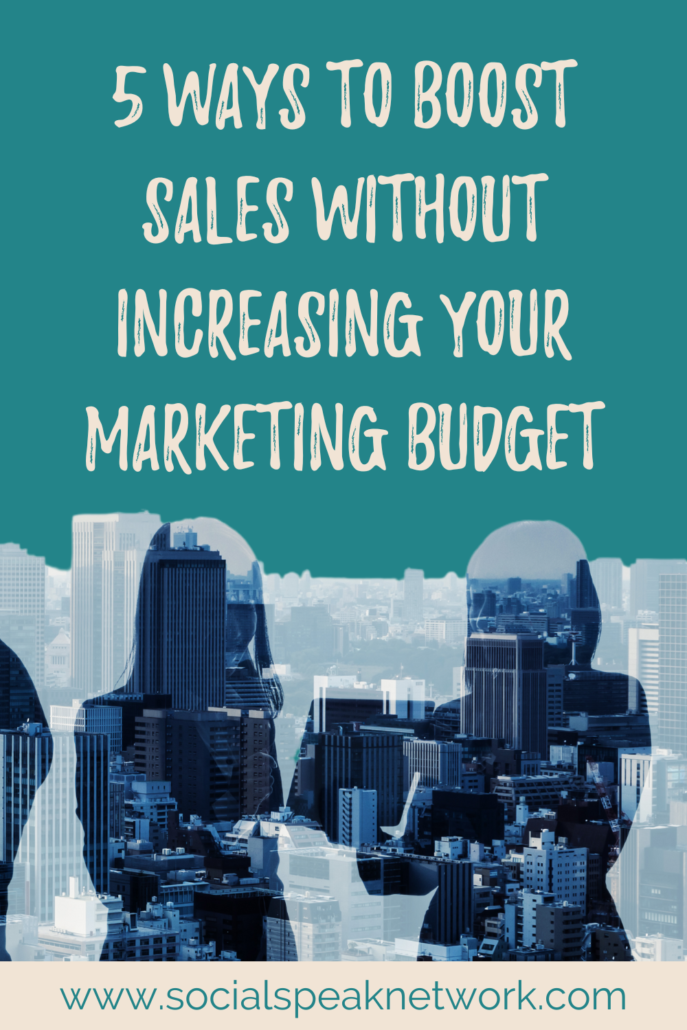The digital world is buzzing with activity, including families searching for the perfect in-home care for their loved ones. Your agency might offer the best care in town, but if you don’t have a strong online presence, you could miss out on connecting with those who need you most.
That’s why it’s important to go beyond simply providing care. Investing in a solid online strategy can expand your reach, build trust, and showcase the unique qualities that make your agency the perfect choice for families.
But it doesn’t stop there. It’s about going beyond simply providing care. You need to create a compelling digital message that stands out in the crowded online space.
Why Your Digital Message Matters
The in-home care industry is more competitive than ever, especially online. With so many agencies vying for attention, how do you make yours stand out? The answer lies in your digital message – the words, images, and overall feeling you create online.
Your website and social media are like your storefront. They’re the first thing potential clients see.
Some agencies make the mistake of thinking that clients will automatically find them if they create a website. But the truth is, you have to be proactive. You have to actively reach out and invite people in. That’s where digital marketing comes in.
It’s not just about having a website or social media pages. It’s about what you say and how you say it. It’s about creating an experience that goes beyond basic care and shows the heart of your agency.
A strong message tells them why you’re different, why you’re the right choice, and why they should pick up the phone and call.
Building Trust and Credibility Online
Trust is everything in the in-home care business. Families are inviting you into their homes to care for their loved ones. That’s a big deal.
So, how do you build that trust online?
- Your Website: Make it easy to navigate, with clear information about your services and team. Include photos of your caregivers and testimonials from happy clients.
- Social Media: Share helpful tips, heartwarming stories, and updates about your agency. Respond to comments and questions promptly.
- Certifications and Awards: If your agency has won any awards or certifications, don’t be shy about showing it off!
- Client testimonials: Share photos and stories (with permission, of course) highlighting your caregivers’ compassion and expertise. Real stories from happy clients and families show the positive impact of your care.
The goal is to make people feel confident about choosing your agency.
Showcasing Solutions, Not Just Services
Instead of just listing your services, talk about how those services solve real problems for clients and their families. For example, instead of saying “We offer medication reminders,” you could say, “We help seniors stay safe and independent at home by managing their medications.”
Share stories about how your caregivers have made a difference in people’s lives. Maybe you helped a client recover from surgery more comfortably at home, or provided much-needed respite care for a family caregiver. These stories show the heart of your agency and connect with people on an emotional level.
Think about the different types of clients you serve. Do you specialize in dementia care? Post-surgery recovery? Tailor your message to speak to their specific needs and concerns. Show them that you understand their challenges and have the solutions to help.
Storytelling: The Power of Personal Connection
Stories have a way of sticking with us. They make us feel something, and that’s what creates a lasting impression. When you share real stories about your clients (always with their permission), you’re not just talking about services – you’re showing your agency’s impact on people’s lives.
Did you help someone regain their mobility? Provide companionship to a lonely senior? These real-life examples will resonate with potential clients far more than a list of services ever could.
The stories don’t have to be long or overly dramatic. A simple photo of a caregiver and client laughing together, paired with a few sentences about their relationship, can be compelling.
Tailoring Your Message to Multiple Audiences
Remember, you’re not just talking to potential clients. You’re also talking to their families. Children and spouses often play a crucial role in choosing an in-home care agency. Make sure your website, social media, and other marketing materials address their concerns as well.
Consider creating separate sections on your website or social media pages tailored to each audience. For example, a section for seniors might focus on how your services can help them maintain their independence, while a section for family members might highlight the peace of mind that comes with knowing their loved one is in good hands.
Final Thoughts
Crafting a compelling digital message for your in-home care agency goes beyond simply listing your services. It’s about building trust, showcasing solutions, and creating personal connections that resonate with potential clients and their families.
Remember, your digital presence is often the first impression someone has of your agency. By investing the time and resources to create a strong digital message, you’re not just attracting clients but building a lasting reputation for excellence.
Ready to take the next step? Schedule a free consultation to discover how we can help you develop a digital message that truly reflects the heart of your in-home care agency and connects you with the clients who need you most.


